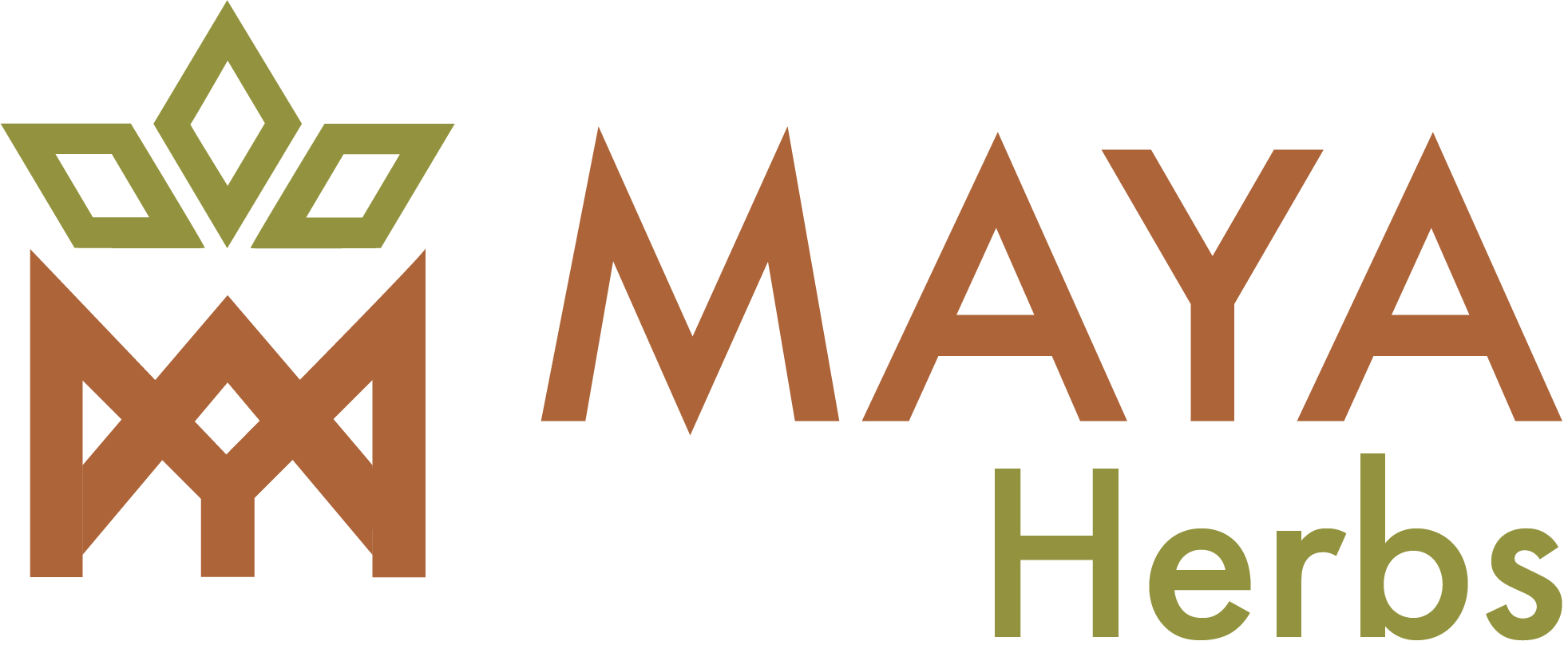What Is Chilcuague?
Chilcuague, or Heliopsis longipes, is a perennial herb from the Asteraceae family. It is endemic to the Sierra de Alvarez and Sierra Gorda mountain ranges in central Mexico, near the triple border of San Luis Potosi, Guanajuato, and Querétaro.
In Nahuatl, Chilcuague is referred to as Chilcoatl, a portmanteau denoting the root’s spicy qualities (chil) and its snakelike shape (coatl). Other names for Chilcague include Chilcuas, Chilcuan, Chilcmecatl, chili de palo, palo de duende, pelitre, golden root, and Aztec root.
Similar to its botanical relatives, sunflowers and daisies, Chilcague features vibrant yellow flowers and serrated leaves. The local population has been familiar with its potent analgesic, anesthetic, antimicrobial, and anti-inflammatory action since Aztec times. Aside from traditional medicine, Chilcague root has also been used as an insecticide and a spicy condiment in local cuisine.
What Is Chilcuague Used For?
Mexican indigenous communities have employed Chilcuague for centuries to treat a range of health disorders, including rheumatism, neuralgia, toothaches, throat infections, various pains and inflammations, digestive issues, ulcers, intestinal parasites, fungal infections, wounds, burns, and other skin conditions.
It’s believed that the effects of Chilcuague are the result of its main active compound, an alkamide named affinin.
The paralyzing and toxic action of affinin extract on flies, mosquitos, and other insects was discovered during World War II to be as potent as that of pyrethrins, a common class of pesticides obtained from chrysanthemum flowers. This prompted massive exportation of Chilcuague, which led to a significant reduction in its wild population.
Fortunately, the plant did not become extinct. To this day, it is intentionally cultivated in Guanajuato and Querétaro regions for its therapeutic effects and continues to be used in indigenous Mexican medicine and gastronomy.
In recent years, Chilcuague root use has also become popular among Western alternative healing, practitioners, who use its extracts as a treatment for a variety of mouth, throat, stomach, and skin conditions.
How to Use Chilcuague
Depending on the condition Chilcuague is needed for, it can be applied externally or internally:
- External use involves spraying the Chilcuague oil directly onto the skin. This type of application is used to treat dry, chafed, or injured skin, wounds, rashes, burns, bug bites, dermatitis, eczema, dandruff, or other skin conditions.
After diluting the extract in water, it can be applied on areas affected by yeast infection or bacterial infections.
Products such as the Chilcuague-enriched lip balm can also be applied topically to moisturize dry or chapped lips or provide rapid relief for symptoms of oral herpes.
- Internal use involves spraying the Chilcuague extract in the mouth to treat gingivitis, tooth pain, or cold sores, or ease cough and inflammation in bronchitis, laryngitis, or other respiratory infections.
Diluted in water, Chilcuague extract can also be drunk to balance mouth and stomach pH, relieve heartburn and gastritis, facilitate secretion of endorphins, and eliminate intestinal parasites or fungal infections like candida.
How Does Chilcuague Work?
While no clinical trials using Chilcuague have been conducted on humans, several animal studies examining affinin’s properties indicate that there may be a legitimate scientific basis for the plant’s use as a traditional medicine.
A 2010 study on mice found that affinin and its ethanolic extract had analgesic properties comparable to the NSAID medication ketorolac and a stimulating effect comparable to caffeine. The extract was confirmed not to be toxic to genes or cells, meaning it is a safe, natural alternative to synthetic painkillers, that’s also non-addictive.
A 2017 study tested the effects of affinin on rats and mice and reported that the compound had more potent anti-inflammatory and anti-arthritic effects than the drug it was compared to in the experiment, the NSAID Phenylbutazone.
Another 2017 study showed the vasodilatory effect of affinin on the circulatory system of rodents, making it a candidate for the treatment of cardiovascular diseases in humans. Additionally, a 2021 study demonstrated that affinin also helps promote the growth of blood vessels, speeding up wound healing in healthy bodies and facilitating the supply of oxygen-rich blood to organs and tissues.
A 1999 study also found that affinin has potent antimicrobial activity, inhibiting the growth of dangerous bacterial strains such as Escherichia coli, Pseudomonas solanacearum, Bacillus subtilis, and Saccharomyces cerevisicae.
Finally, the larvicidal, insecticidal, and molluscicidal effects of affinin, important for agriculture and protection of humans from mosquito-borne diseases such as encephalitis, dengue fever, and malaria, have been well-documented in scientific literature.
Chilcuague Side Effects & Precautions
Chilcuague is considered to be a perfectly harmless plant medicine. However, there are a few minor side effects and precautions to be aware of:
- When used in the mouth and on the skin, Chilcuague products may cause a tingly or numbing sensation.
- When ingested orally, as a result of its impact on the maxillary gland, Chilcuague can trigger oversecretion of saliva, sweat, and urine.
- A study from 2008 showed that affinin is an inhibitor of major hemoproteins involved in the metabolism of 80% of market drugs, the cytochrome P450 enzymes. Therefore, Chilcuague use should not be combined with pharmaceuticals because their breakdown may be slowed down and their concentration increased in the system, which may lead to adverse reactions.
Chilcuague Legality
Chilcuague is fully legal throughout the world.
Where to Buy Chilcuague?
Here at Maya Ethnobotanicals, we offer a range of traditional medicinal plants which have been used by indigenous peoples for a variety of purposes since ancient times.
Our products are organically grown, sustainably harvested, and sourced through fair trade, and we sell them with the intention to promote ethnobotanical enthusiasm throughout the world.
If you’re looking for Chilcuague for sale, you may purchase it in various forms from our webshop:
